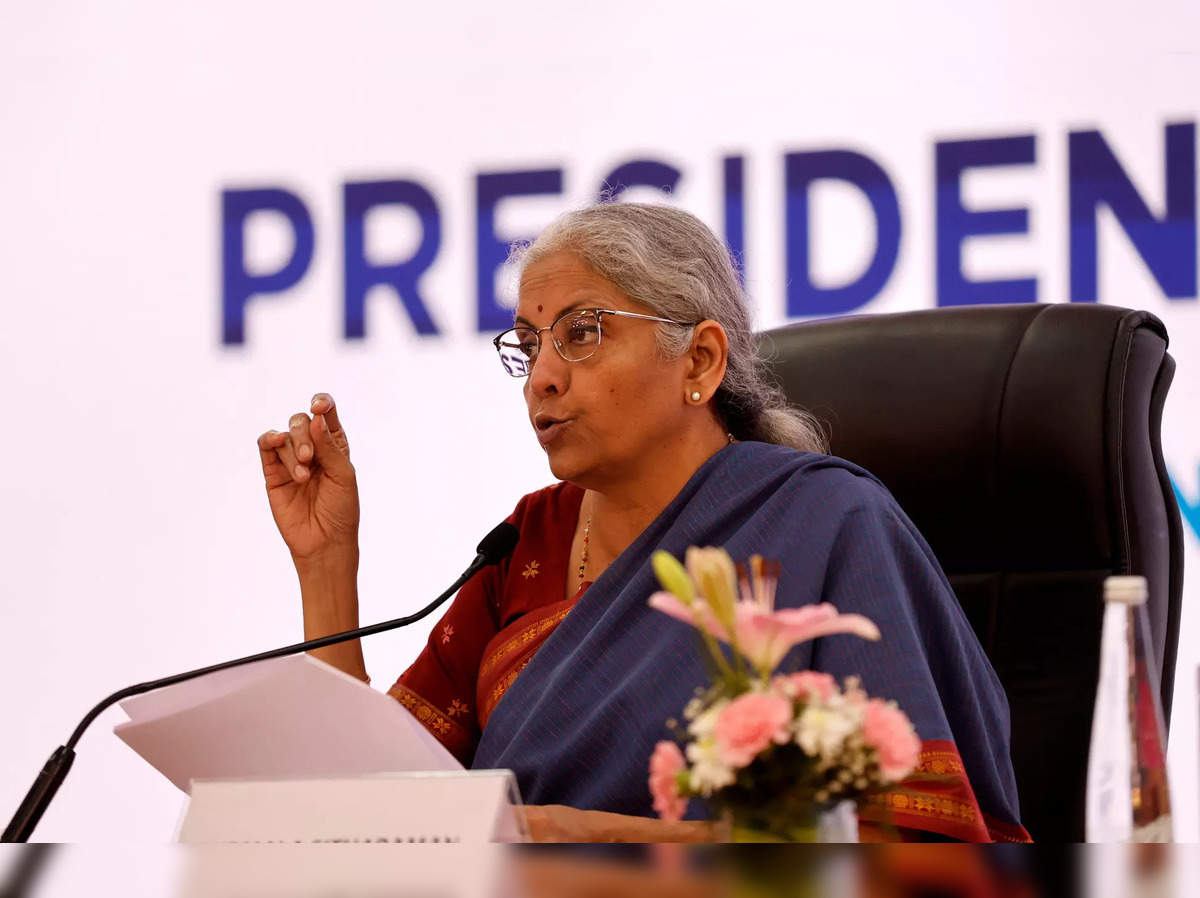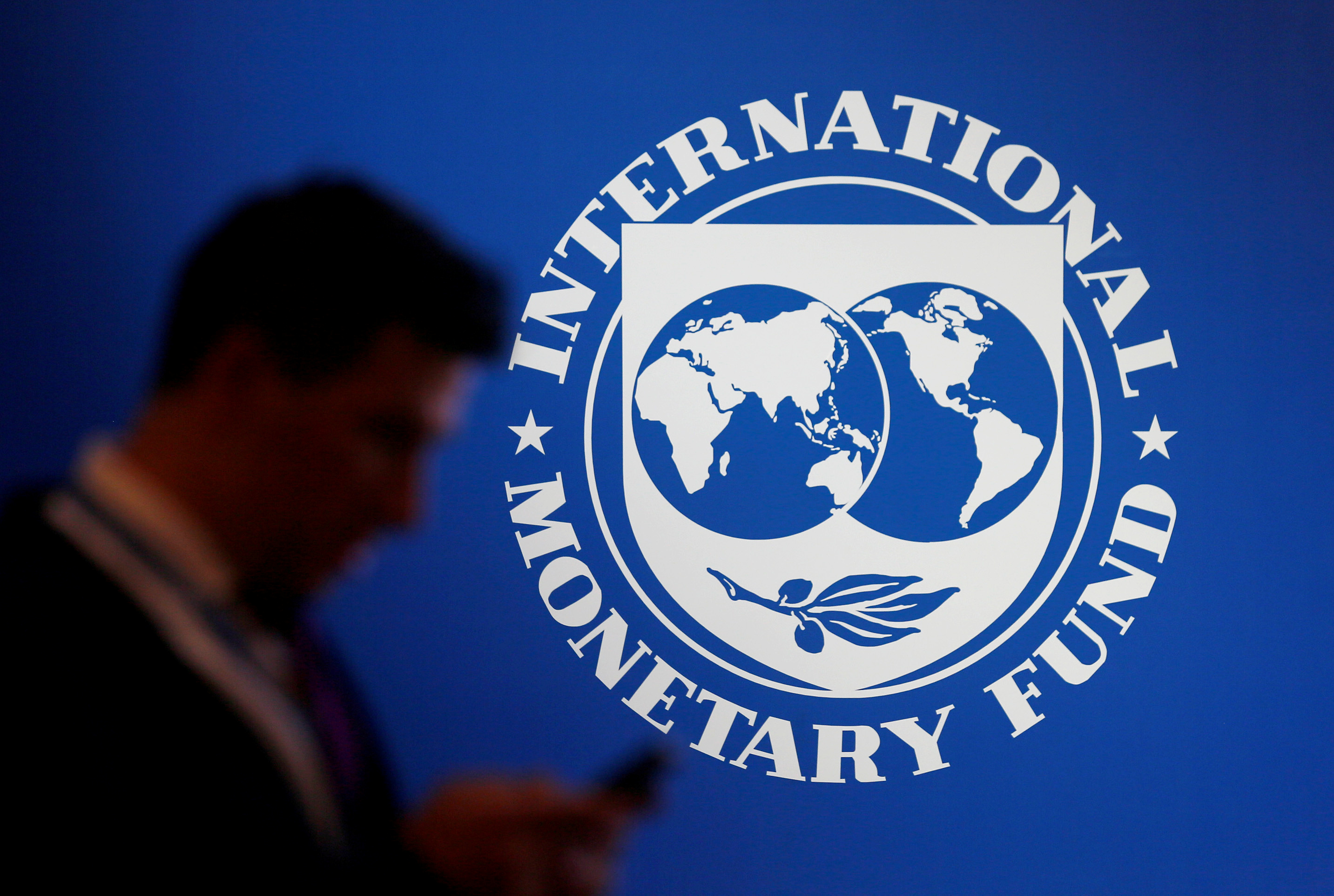Ensuring IMF’s Robust Capitalization: Nirmala Sitharaman’s Emphasis 2023

Ensuring IMF’s Robust Capitalization: Nirmala Sitharaman’s Emphasis 2023
The International Monetary Fund (IMF) has been at the forefront of global economic governance and financial assistance for many decades. As economic challenges evolve and intensify, the demands placed on such multilateral institutions have grown commensurately.
Recognizing the importance of ensuring that the IMF remains robust and capable, India’s Finance Minister, Nirmala Sitharaman, has underscored the need for the IMF to remain well capitalised.

The world economy has been undergoing significant transformations, with many countries grappling with diverse challenges such as trade disputes, technological changes, and now, the socio-economic repercussions of the COVID-19 pandemic.
Taking part in a roundtable discussion on the “IMF policy priorities and how the institution should support its membership” on Wednesday, Finance Minister Nirmala Sitharaman emphasised the need of the IMF continuing to have adequate capital to tackle upcoming challenges.
The roundtable was held in Marrakech, Morocco, with the annual meetings of the World Bank and IMF, and it was chaired by US Treasury Secretary Janet Yellen.
According to a statement from the finance ministry, Sitharaman discussed the IMF’s mandate and loan strategies, a robust, quota-based, and appropriately resourced IMF, Poverty Reduction and Growth Trust (PRGT) Financing, and IMF governance changes.

Sitharaman emphasised the need of multilateralism in moving towards coordinated and consensus-based solutions to the world’s problems as part of India’s G20 Presidency.In order to continue playing a key role in the global financial safety net, Sitharaman emphasised the necessity of the IMF maintaining strong capitalization through quota-based resources.
She said that under Prime Minister Narendra Modi’s guidance, India recently passed the Nari Shakti Vandan (Women’s Reservation Law), which reserves 33% of seats in the Parliament and state legislatures for women. She also expressed India’s support for the gender and governance reforms in the IMF Executive Board.
In this milieu, the IMF’s role has become even more vital, not just as a financial lender, but as a stabilizer of global economic confidence.
The developing and under-developed economies heavily rely on the IMF for financial assistance, policy guidance, and capacity development.

These countries often lack the requisite foreign exchange reserves or creditworthiness to access international capital markets. The IMF’s adequate capitalisation ensures its ability to lend to these countries in times of need.
A well-capitalised IMF can effectively act as a deterrent against speculative attacks and can stabilize global financial markets. Knowing that the IMF has enough resources instills confidence among investors and member countries.
Economic crises are unpredictable. A sufficiently capitalized IMF can respond quickly and decisively to emerging global challenges, be it a debt crisis, a currency crisis, or a global recession.
A strong capital base can enable the IMF to leverage additional resources from the capital markets or its member countries. This expanded financial firepower can then be directed to assist member nations in dire need.
Nirmala Sitharaman’s emphasis on the IMF’s capitalisation comes from a perspective of ensuring global economic resilience.

As one of the world’s fastest-growing major economies, India has a vested interest in a stable global economy.
Moreover, with its growing stature, India envisions playing a significant role in shaping the global economic landscape. By advocating for a robust IMF:
- India showcases its commitment to multilateralism and its belief in the principles of global cooperation.
- India signals its own readiness to shoulder more significant responsibilities in the global financial architecture.
While stressing on capitalisation is one part, it’s also essential to ensure that the resources of the IMF are used judiciously. This means emphasizing:
- Transparency: Ensuring that lending programs and policy advice are transparent and based on a clear understanding of the challenges and contexts of the recipient countries.
- Accountability: Establishing mechanisms that hold the IMF accountable for its decisions, ensuring they are in the best interests of the global economy and its member states.
- Reforms: Evaluating the governance and quota systems to ensure that they reflect the current economic realities. As new economic powerhouses emerge, the IMF must be agile enough to incorporate their perspectives and demands.
The call by Nirmala Sitharaman for a well-capitalised IMF is both timely and crucial. In an interconnected world, ensuring the health and readiness of such multilateral institutions is not just a matter of individual country interests but a global imperative.
By championing this cause, India not only seeks to safeguard its interests but also asserts its role as a responsible stakeholder in global economic governance.





